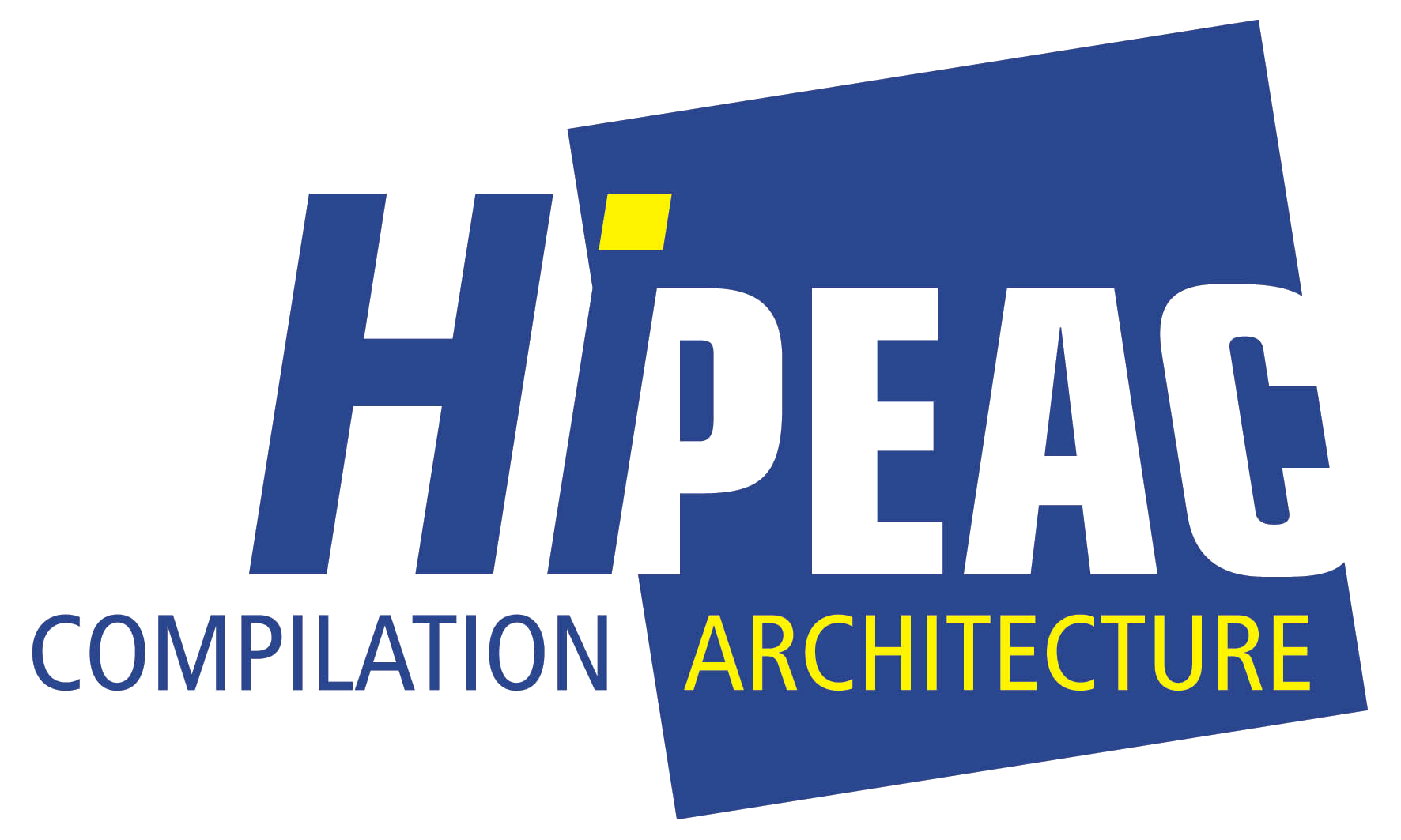Workshop Description
Research in the last few years has focused on approximate computing as a means to overcome the energy scaling barrier of computer systems. Energy savings can be achieved by utilizing the inherent error resilience of algorithms in many application domains such as signal processing, multimedia, data analytics and computational engineering, among others. Indeed, fully accurate arithmetic in specific phases of those applications may have only a marginal effect on output quality, especially if combined with error correction frameworks such as iterative refinement. Thus, accurate execution may be traded off with lower energy consumption by providing the ability to scale supply voltage below nominal values or to use lower precision arithmetic (i.e. 8 or 16 bit). Moreover, accurate reliability assessment can help identifying vulnerabilities in the hardware and the software and thus guide system-level design decisions that can take advantage of an application's inherent tolerance.
Designing such systems in a general-purpose computing environment requires a holistic view of all layers from algorithms, programming models, system software, and hardware down to the transistor level. This full-day workshop, the second in its series, which is organized in conjunction with HiPEAC 2016, is an inter-disciplinary effort to bring together researchers from the areas of mathematics, computer science, computer and electrical engineering to discuss challenges, risks and opportunities of approximate computing in all design layers.
Papers will be published online in this website, but not in proceedings. Submitting to WAPCO will not preclude future publication opportunities.
We are soliciting original papers on topics that include but are not limited to the following:
- Formal and mathematical methods for approximate computing
- Programming languages and models for approximate computing
- Compiler and system software support for approximate computing
- Hardware support for approximate computing
- Hardware-software interaction for approximate computing
- Applications that can benefit from approximate computing
- Simulation and modeling techniques for approximate computing
- Position papers on the potential and limitations of approximate computing
General Chair
| Nikolaos Bellas | Center for Research and Technology, Hellas (CERTH) |
Program Chairs
| George Karakonstantis | Queen’s University Belfast, UK |
| Costas Bekas | IBM Research – Zurich |
| Dimitris Gizopoulos | University of Athens, Greece |
Program Committee
| Dimitrios Nikolopoulos | Queen’s University Belfast, UK |
| Andy Burg | EPFL, Switzerland |
| Uwe Naumann | RWTH-Aachen, Germany |
| Christos D. Antonopoulos | Center for Research and Technology, Hellas (CERTH) |
| Spyros Lalis | Center for Research and Technology, Hellas (CERTH) |
| Peter Debacker | IMEC, Belgium |
| Frederick Vivien | INRIA, France |
| Will Sawyer | CSCS, Switzerland |
| Holger Froening | University of Heidelberg, Germany |
| Vincent Heuveline | University of Heidelberg, Germany |
| Thomas Ludwig | University of Hamburg and DKRZ |
| Enrique Quintana – Orti | Universitat Jaume I de Castellon, Spain |
| Pedro Trancoso | University of Cyprus |
| Stefano Di Carlo | Politecnico di Torino |
| Giorgio Di Natale | CNRS, Montpellier |
| Antonio Gonzalez | UPC, Barcelona |
| Ramon Canal | UPC, Barcelona |
| Sek Chai | SRI, International, USA |
| Lukas Sekanina | Brno University of Technology, Czech Rep. |



